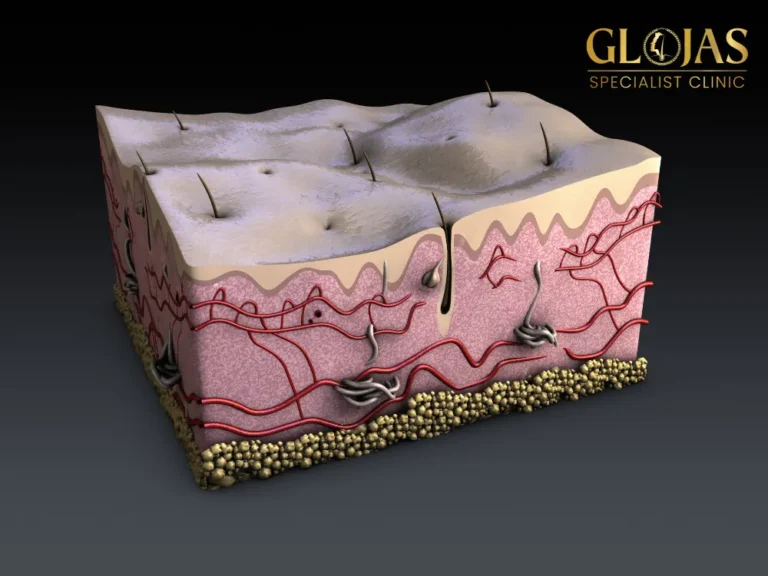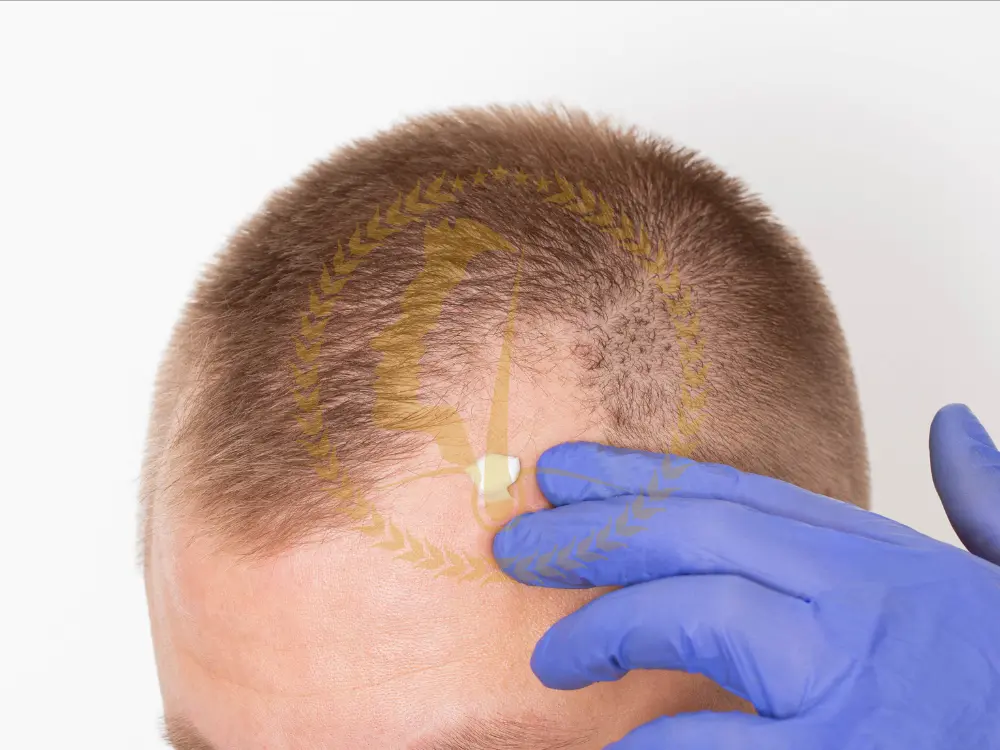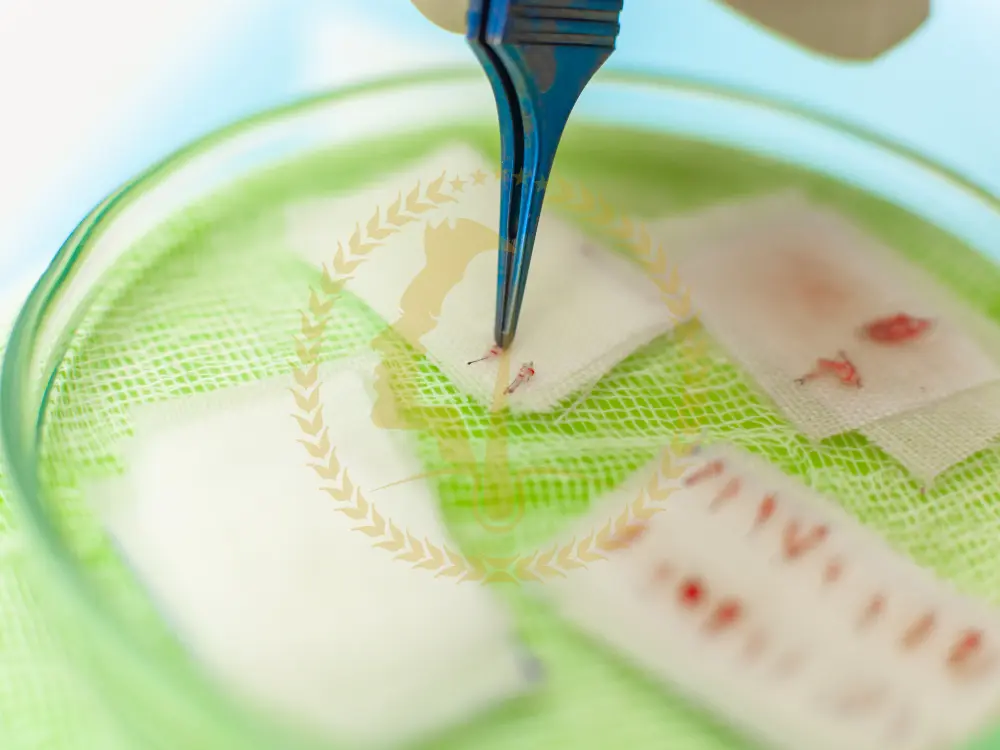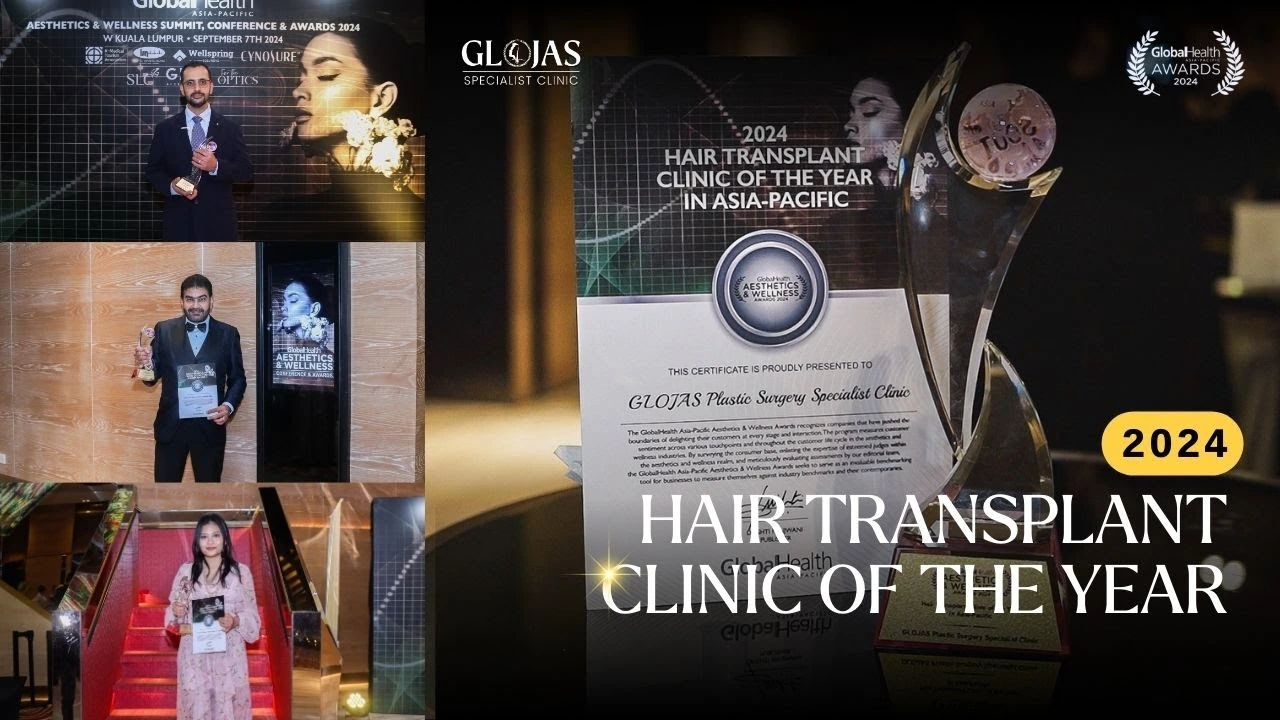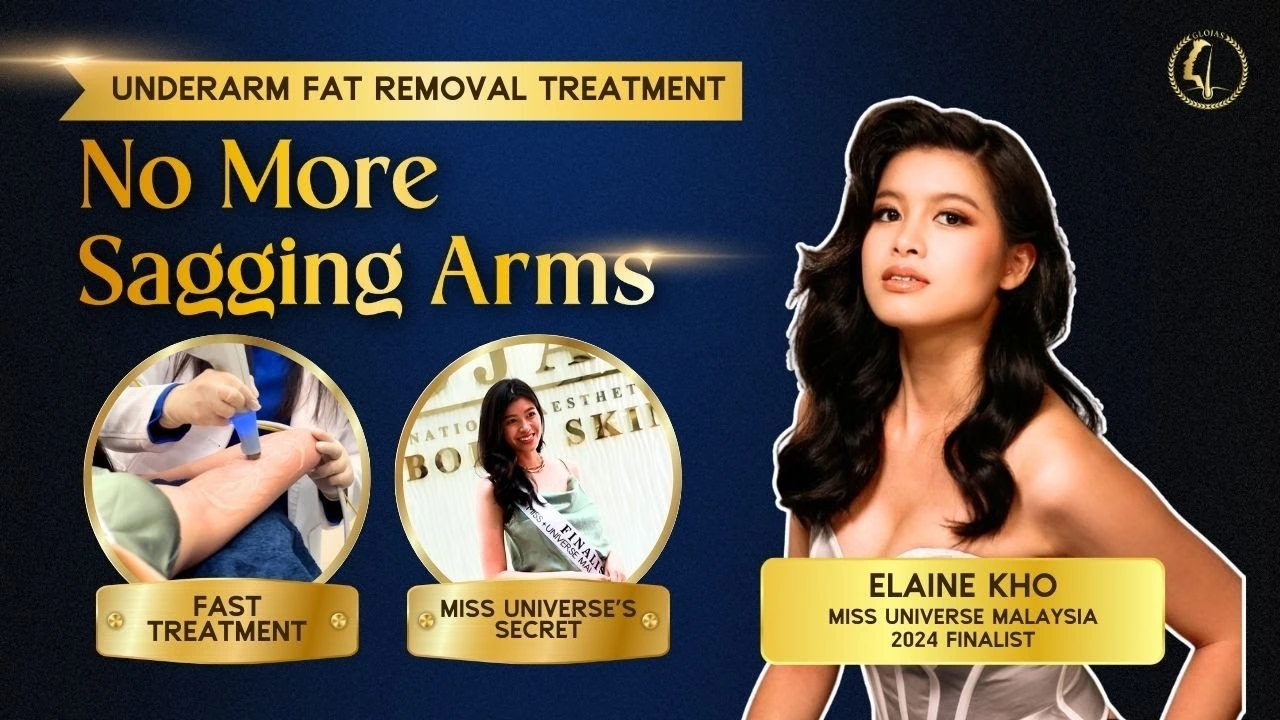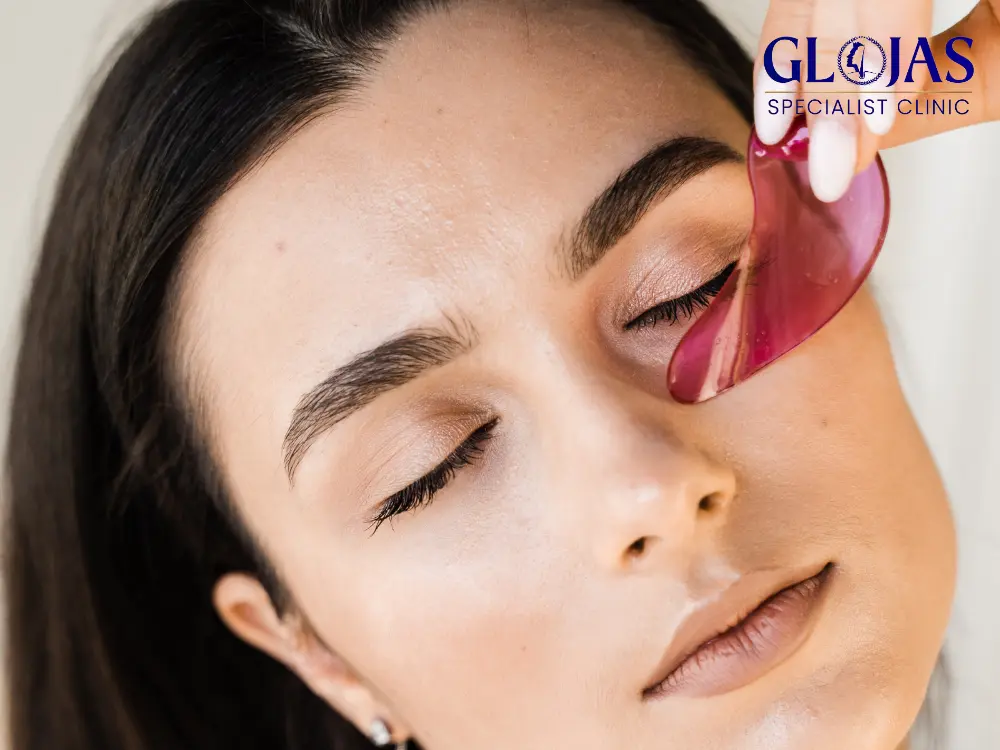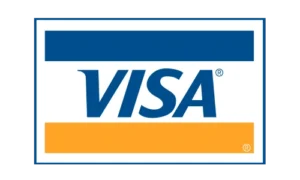Follicular hair health is the cornerstone of achieving the voluminous, strong, and vibrant hair that many aspire to. The follicles, tiny sacs embedded in the scalp, are responsible for growing and maintaining each strand of hair. Understanding and caring for your follicular hair can make a significant difference in the overall appearance and health of your hair. In this article, we will delve into the science behind follicular hair, provide tips to enhance its health, and answer some frequently asked questions about maintaining optimal follicular function.
What is Follicular Hair?
Follicular hair refers to the hair that grows from the follicles, which are small, pocket-like structures located in the dermis layer of the skin. Each follicle is connected to a sebaceous gland, which produces sebum, a natural oil that keeps the hair moisturized. The health of your follicular hair is directly influenced by the condition of these follicles.
Hair growth occurs in cycles, with each follicle going through a phase of growth (anagen), rest (telogen), and shedding (catagen). Healthy follicles are crucial for maintaining the continuous cycle of hair growth and preventing issues such as thinning or excessive shedding.
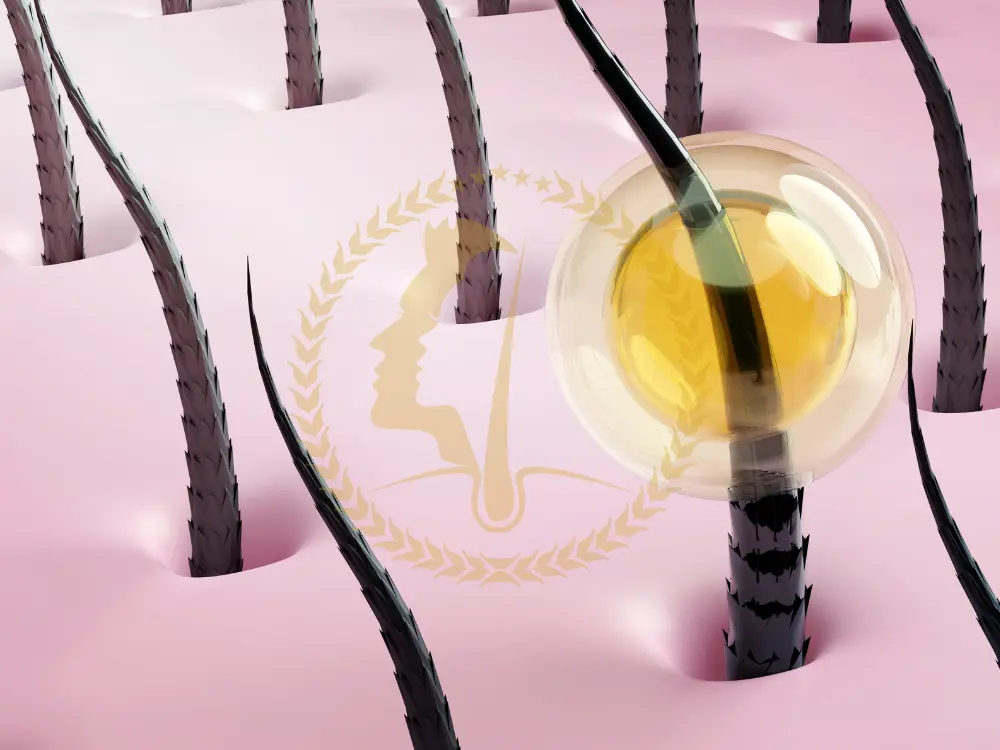
Why Follicular Hair Health Matters
Healthy follicles are the foundation of thick, strong, and shiny hair. When the follicles are damaged or blocked, it can lead to a range of hair problems including thinning, breakage, and even hair loss. Ensuring that your follicles are in top condition is essential for maintaining the density and strength of your hair.
Poor follicular health can also affect the texture and appearance of your hair, making it look dull and lifeless. By focusing on improving the health of your follicles, you can achieve noticeable improvements in your hair’s overall look and feel.
Factors Affecting Follicular Hair Health
Several factors can impact the health of your follicles, including:
1. Nutrition
What you eat directly affects the condition of your hair. A diet rich in vitamins and minerals like biotin, zinc, and vitamins A, C, and E supports follicular health. These nutrients promote healthy sebum production and stimulate hair growth.
2. Scalp Care
A clean and well-nourished scalp is essential for healthy follicles. Regular scalp massages can improve blood circulation, ensuring that your follicles receive the nutrients they need. Using gentle, sulfate-free shampoos helps to prevent irritation and maintains the natural oil balance of your scalp.
3. Hormonal Imbalances
Hormones play a significant role in hair growth. Conditions such as polycystic ovary syndrome (PCOS) or thyroid disorders can lead to hormonal imbalances that negatively affect follicular health. Addressing these underlying conditions can help in restoring hair health.
4. Stress
Chronic stress can lead to telogen effluvium, a condition where hair follicles prematurely enter the resting phase, resulting in excessive shedding. Managing stress through relaxation techniques and regular exercise can help maintain healthy hair growth cycles.
5. Genetics
Genetics determine the natural characteristics of your hair, including its thickness, texture, and growth pattern. While you can’t change your genetics, understanding your hair type can help you choose the right products and treatments to support your follicular health.
7 Proven Tips for Healthier Follicular Hair
1. Maintain a Balanced Diet
Include plenty of fruits, vegetables, lean proteins, and healthy fats in your diet. Foods rich in Omega-3 fatty acids, like salmon and walnuts, can boost follicular health and promote shinier, stronger hair.
2. Regular Scalp Massages
Massaging your scalp regularly increases blood flow to the follicles, enhancing nutrient delivery and stimulating hair growth. Use oils like coconut or argan oil during massages for added nourishment.
3. Avoid Harsh Hair Treatments
Excessive use of heat styling tools, chemical treatments, and tight hairstyles can damage the follicles. Opt for heat-free styling methods and use protective sprays if you must use hot tools.
4. Use Mild Hair Care Products
Choose shampoos and conditioners that are free from sulfates and parabens. These chemicals can strip the scalp of natural oils, leading to dryness and irritation that can harm your follicles.
5. Manage Stress Effectively
Incorporate stress-relieving activities like yoga, meditation, or a hobby you enjoy into your daily routine. Reducing stress can help in maintaining the natural hair growth cycle.
6. Stay Hydrated
Drinking plenty of water is crucial for keeping your scalp and hair hydrated. Proper hydration supports sebum production, which keeps the follicles nourished and the hair moisturized.
7. Consider Hair Supplements
If your diet lacks certain nutrients, consider taking hair supplements that contain biotin, vitamin D, and other essential nutrients known to promote follicular health.
Common Follicular Hair Problems and Solutions
1. Hair Thinning
Thinning hair can be caused by factors such as poor nutrition, stress, or hormonal changes. Improving your diet, reducing stress, and using volumizing products can help address thinning hair.
2. Dandruff
Dandruff can block hair follicles, leading to poor hair growth. Regular use of anti-dandruff shampoos and maintaining good scalp hygiene can prevent dandruff and keep your follicles healthy.
3. Hair Loss
Hair loss can be due to genetics, stress, or underlying medical conditions. Consulting with a dermatologist can help determine the cause and the best treatment options.
FAQs About Follicular Hair
1. How can I tell if my follicles are healthy?
Healthy follicles usually result in strong, shiny hair with minimal shedding. If you notice excessive hair loss, thinning, or a dry scalp, your follicles may need extra care.
2. Can damaged hair follicles be repaired?
In some cases, damaged follicles can recover with proper care and treatment. However, if the follicles are severely damaged or have shrunk, they may not produce hair again.
3. What is the best diet for follicular hair health?
A diet rich in lean proteins, fruits, vegetables, and healthy fats supports follicular health. Specific nutrients like biotin, zinc, and Omega-3 fatty acids are particularly beneficial for hair growth.
4. How often should I wash my hair for healthy follicles?
Washing your hair two to three times a week is usually sufficient for most people. Over-washing can strip the scalp of natural oils, while under-washing can lead to clogged follicles.
5. Does age affect follicular hair health?
Yes, as you age, your hair follicles can become less active, leading to thinner hair or slower growth. Maintaining a healthy lifestyle and using age-appropriate hair care products can help support your follicles as you age.
6. Can stress really cause hair loss?
Yes, chronic stress can disrupt the hair growth cycle, leading to conditions like telogen effluvium, where more hair enters the resting phase and sheds prematurely.
Understanding follicular hair and taking steps to maintain its health can lead to stronger, thicker, and more vibrant hair. By incorporating these tips into your routine, you can improve the condition of your follicles and enjoy the benefits of healthy hair for years to come.

